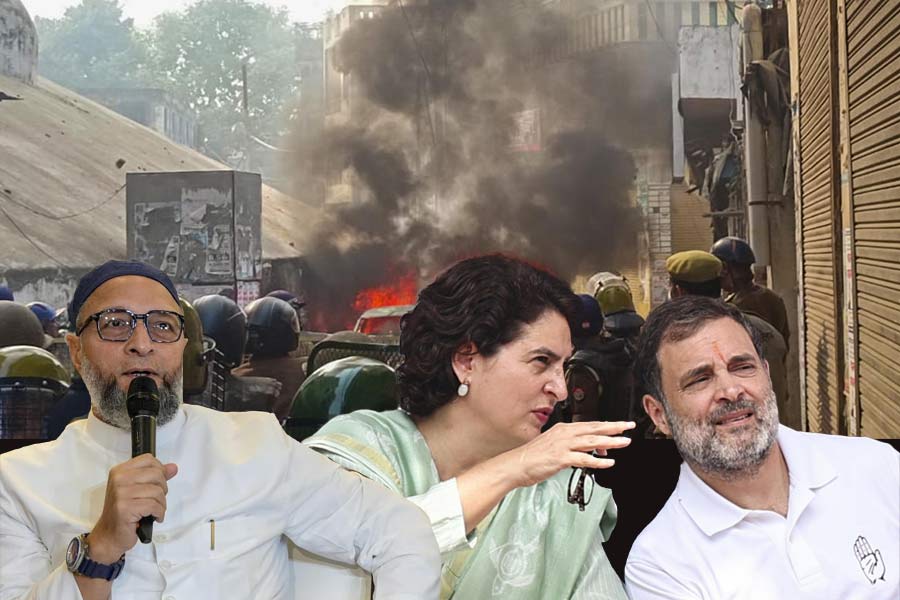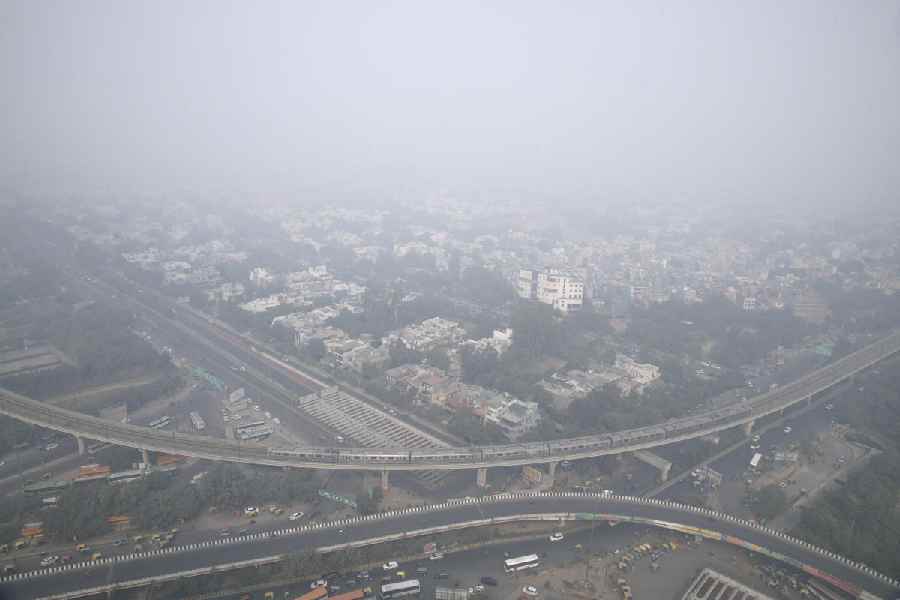One of the horrors unveiled by the grim tidings from Sandeshkhali is the cruel irony of a political party, which came to power on the basis of a spirited movement to protect agricultural land, turning the proverbial blind eye towards the grabbing of fertile tracts by its henchman. The ruling Trinamul Congress prides itself on its commitment towards land and its people: this pledge is even codified in its slogan that Mamata Banerjee’s government belongs to, among others, maati and manush. Yet, in Sandeshkhali, the TMC looked the other way even as some local miscreants patronised by the party usurped arable land from the common people, forcefully transforming them into sites of pisciculture. The spoils of this lucrative trade were then divided among the goons. It has been estimated that the total acreage of the confiscated land would not be less than 750 bighas. Land-grabbing was accompanied by other kinds of transgression, including alleged sexual assaults of women. Unsurprisingly, Sandeshkhali has handed the Bharatiya Janata Party a potent political weapon before the general election. The TMC’s apathy towards the depredations on maati and manush in this underdeveloped area would undoubtedly feature in the BJP’s electoral campaign. It remains to be seen how the TMC plans to neutralise this endeavour that has the potential to smear the party’s image.
But the electoral battle must not deflect public attention from another attendant — crucial — element. This concerns the ingress of depraved politics into the lives of the people on the margins. Ownership of land, sundry means of sustenance, redressal mechanisms — law or the police — the spokes that keep the wheels of civic governance turning, cannot be taken for granted in the hinterland. Each of these public rights that metropolitan populations are assured of is rendered vulnerable when the rule of law is made to cede space to political lumpenism. Sandeshkhali’s redemption lies in unbiased punitive action against the guilty and the re-establishment of the rule of law.











